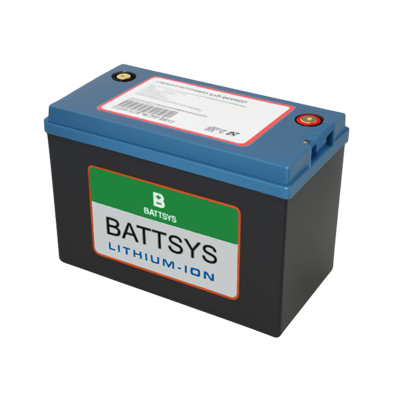Will my marine battery explode?
Yes, if not handled properly,
marine batteries may explode. This is true for both lithium batteries and lead-acid batteries. However, if you understand the cause of battery explosions, you can prevent such explosions and ensure a safe rowing experience. The following are some common factors that may cause battery explosions:
Overcharging
Overcharging the battery may lead to gas accumulation and dangerous pressure levels, which can lead to explosions. It is necessary to use a charger equipped with an advanced battery management system (BMS) to prevent overcharging.
 Using the wrong charger
Using the wrong charger
Using the wrong lithium battery charger may cause overheating and dangerous consequences due to incorrect charging voltage. Use a charger specifically designed for lithium deep cycle marine batteries and follow the manufacturer's correct charging guidelines.
Neglecting battery damage
Battery damage (such as punctures, cracks, or leaks) may endanger the integrity of the battery casing. This type of damage may lead to combustion or the release of explosive gases, putting you at risk of explosion.
Neglecting ventilation
Insufficient ventilation in the battery room can lead to gas accumulation and increase the risk of explosion. Adequate air circulation around the battery is crucial for eliminating any gases that may be produced by the battery.
Expose the battery to extreme temperatures
Extreme temperatures (especially high temperatures) may cause battery failure or even explosion. Ensure that the battery is not affected by high temperatures and follow the manufacturer's specified operating temperature range to ensure safe operation.
Although
lithium batteries are not as prone to explosions as old-fashioned lead-acid batteries, understanding the common causes of explosions is still crucial to avoid any dangerous negligence.
